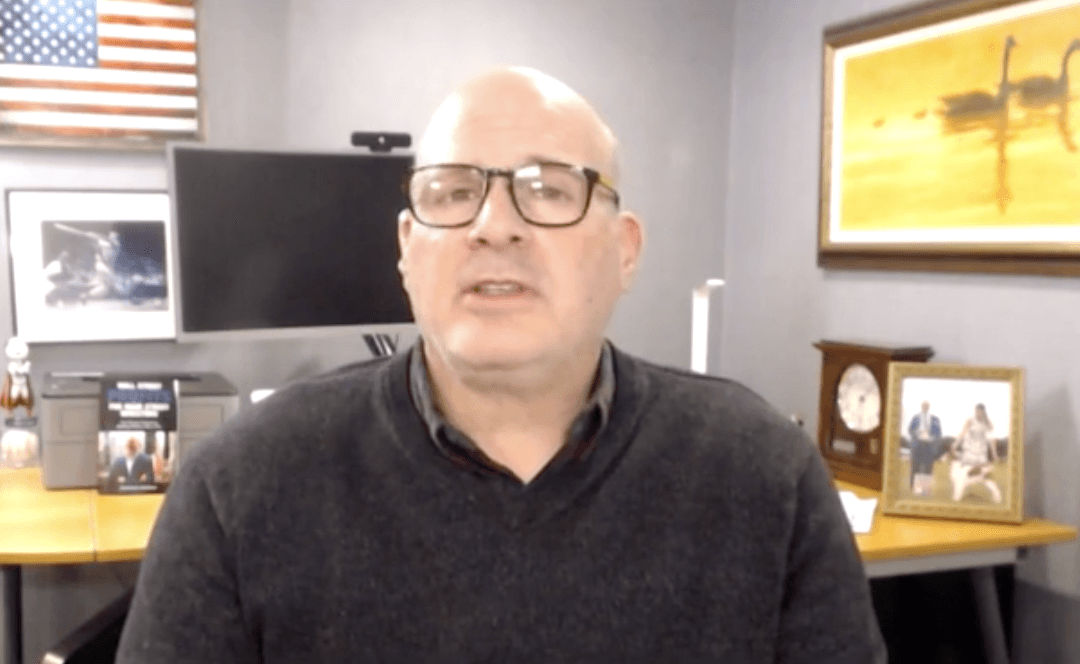Charles Mizrahi, founder of Alpha Investor, said the Federal Reserve’s effort to lower inflation through increased interest rates may not have the intended effect, and, as history has shown, it is a messy process.
“You know, out of the 16 times they raised rates … 13 times they put the country into recession. It’s really, really a difficult act,” Mizrahi told Steve Lance, host of NTD’s “Capitol Report,” in a recent interview.






